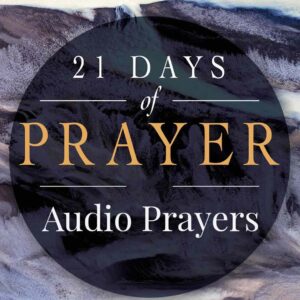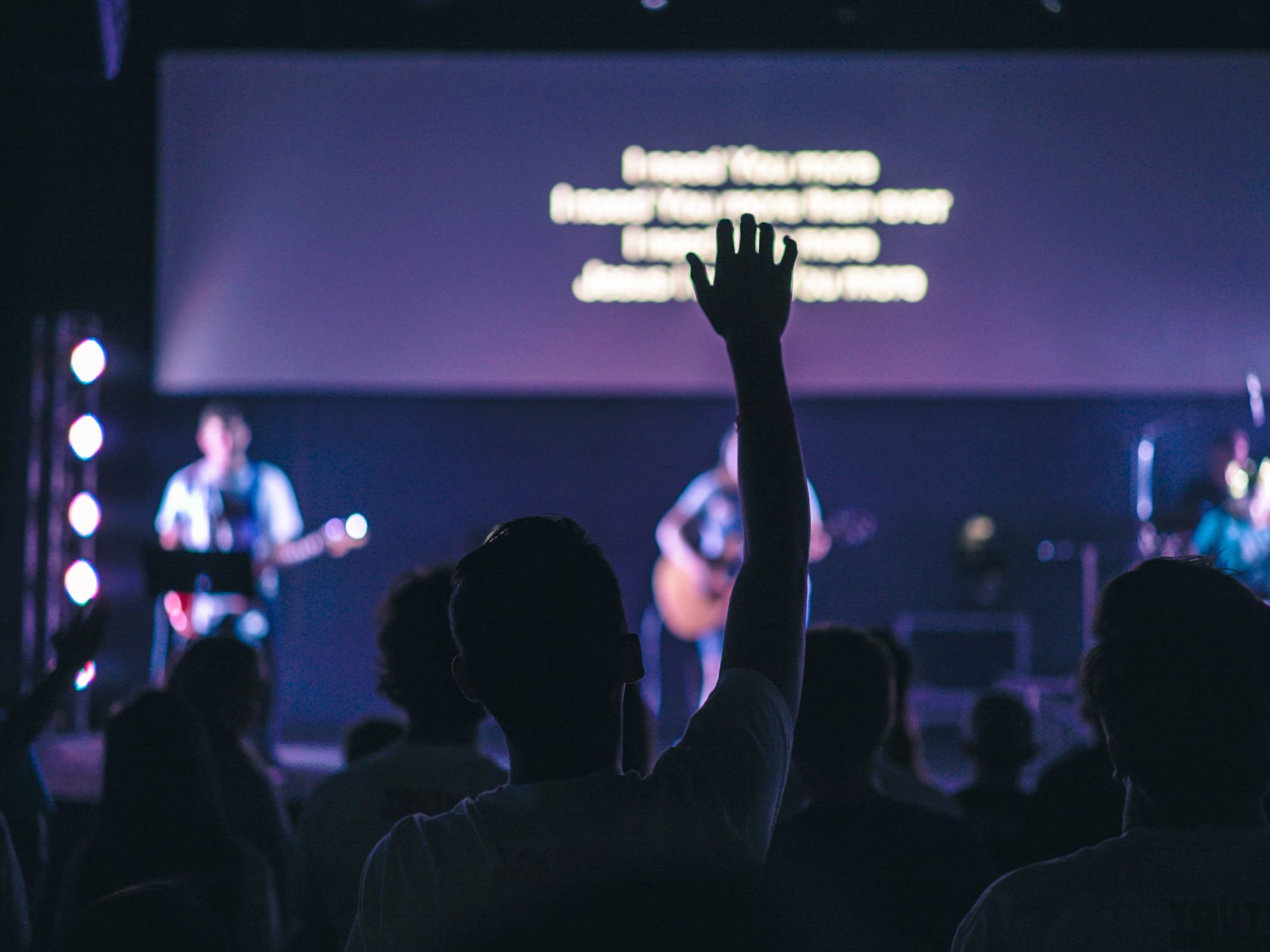What’s Your Worship Style?
Over the past few decades there has been a great deal of discussion/debate/division over worship styles in the church world. For many reasons that are too complicated to attack in this devotion, churches have experienced great consternation over what kind of worship we should have. To simplify this issue, many churches have divided over following questions: Do we have a song “leader” or a worship “team”? Hymns or choruses? Upbeat music with drums or solemn, reverent music with an organ? Do we get our lyrics off the wall or out of a hymnbook?
In Psalm 95 we find a good set of instructions on how to worship God. Although the author of this Psalm is not identified, it is attributed to David when this chapter is quoted in Hebrews 3 & 4 in the New Testament (Hebrews 4:7).
While the author doesn’t choose “contemporary or traditional,” he does give us three simple characteristics that should define our worship of God.
Jubilant Singing and Praise
The words of Psalm 95:1-2 are familiar to us, as they call us to a pretty lively and emotionally-charged act of worship:
Oh come, let us sing to the Lord;
let us make a joyful noise to the rock of our salvation!
Let us come into his presence with thanksgiving;
let us make a joyful noise to him with songs of praise!
This description of worship is one that is responding to the goodness, the majesty, and the power of God as described in verses 3-5. God is awesome, the maker of heaven and earth. He holds the mountains and the rivers in His hands and He has shown favor to us. Our response should be one of enthusiastic singing and joyful shouts of praise. David is reminding us that where a clear understanding of and devotion for God exist, there will be exuberant bursts of emotion and joy.
When we sing lyrics like, “There’s nothing that our God can’t do, there’s not a prison wall He can’t break through,” my arms and hands instinctively go up and my heart is filled with joy.
Worship should get loud, should invoke a physical response, and should cause us to stand. It should stir emotions within us.
Worship should get loud, should invoke a physical response, and should cause us to stand. It should stir emotions within us.
Humble Reverence
After describing our jubilant response to the awesome creative power of God in verses 1-5, the writer then gives us another “style” of worship that should be present in our lives in verse 6:
Oh come, let us worship and bow down;
let us kneel before the Lord, our Maker!
In this verse the music has slowed and the response has shifted from an exciting celebration to a humble response.
David uses three descriptions for our posture and heart whenever we are truly worshiping the Lord: “Worship. Bow Down. Kneel.”
Here, the response to God has shifted from jumping and shouting for joy to humbly kneeling and bowing before Him.
Adam Clarke helps us understand these words even better:
“1. Let us worship, let us prostrate ourselves; the highest act of adoration by which the supremacy of God is acknowledged.
2. Let us bow down, let us crouch or cower down, bending the legs under, as a dog in the presence of his master, which solicitously waits to receive his commands.
3. Let us kneel, let us put our knees to the ground, and thus put ourselves in the posture of those who supplicate.”
Worship is the mixture of joy and humility. It is both loud and quiet. It can be exuberant but also reflective. Thankfully we do not have to, nor should we, eliminate one for the other.
Worship is the mixture of joy and humility. It is both loud and quiet. It can be exuberant but also reflective. Thankfully we do not have to, nor should we, eliminate one for the other.
“It is not always easy to unite enthusiasm with reverence, and it is a frequent fault to destroy one of these qualities while straining after the other.” (Charles Spurgeon)
Obedience is Always the Outcome
The final piece of worship that David gives us in this Psalm is simply this:
Today, if you hear his voice
do not harden your hearts.
Our appropriate response to God’s character and all He means to us as our Lord is joy, humility, and OBEDIENCE. David reminds us that at the end of the worship celebration, when we have heard from the Lord, we are not to do what the children of Israel did in the desert. When we hear His voice through Scripture, through preaching, and through His Holy Spirit, we obey!
Authentic worship changes the way we live when we leave.
Any worship that does not lead to obedience is a worship style that needs to be abandoned. True worship draws us closer to God and leads us to submit more deeply to His will for our life.
Any worship that does not lead to obedience is a worship style that needs to be abandoned. True worship draws us closer to God and leads us to submit more deeply to His will for our life.
This week, whether you sing loud in the car or pray quietly at your desk, yield your heart in obedience to the will of God. That’s the best kind of worship!
Copyright © 2022 Troy Keaton. All rights reserved.
__________________________________________________________
Troy Keaton is founding pastor at EastLake Community Church at Smith Mountain Lake, Virginia. He is also a member of the National Directional Team for The 6:4 Fellowship.



